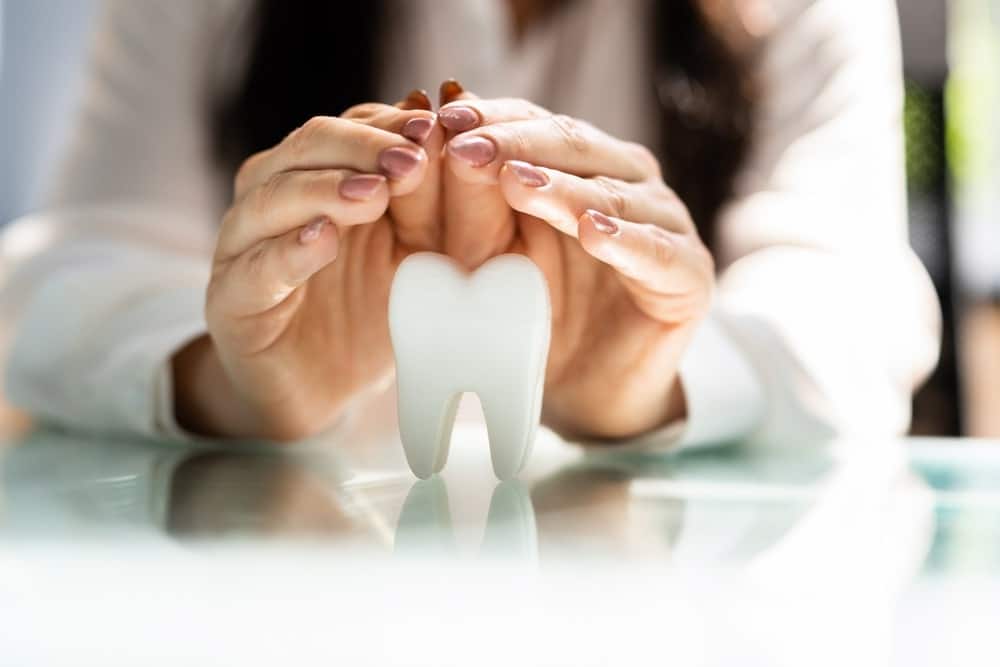If you haven’t reviewed your dental IT support recently, it may be time. It’s easy to ignore those minor inconveniences in the middle of a hectic day. Perhaps the office manager complains periodically about the slow response time when trying to schedule appointments. Or, it seems like it’s taking longer to resolve network issues.
These may be indicators that your dental practice has outgrown your IT dental support. Whether your IT dental support is in-house or through a third party, you should look for the following signs to ensure they are meeting your needs.
Your Security and Backup Protocols Are Lacking
Dental practices are subject to the Health Insurance Portability and Accountability Act (HIPAA). If the practice accepts credit or debit card payments, it may be subject to the Payment Card Industry Data Security Standard (PCI-DSS). If measures are not in place, a dental office may be out of compliance, resulting in a security breach. If a data security breach should happen while a practice is non-compliant, it can cost anywhere from $200,000.00 to more than $3 million.
No matter the size, every dental practice should have data backups that are stored off-network in case of a security breach. In a natural or manufactured disaster, dentists need access to patient information as quickly as possible. If a practice suffers a ransomware security breach, backups are essential for restoring service. Without a backup, offices may be unable to maintain the level of service their patients expect following an interruption in service such as a security breach.
Your Business Downtime Is Increasing
Maybe a workstation was slow to come online, or staff complained that they couldn’t find a file. It’s easy to overlook those once-in-a-while glitches, but they could be the start of a bigger problem and more business downtime. Sure, the situation gets fixed when reported, but other issues keep popping up. Before long, the dental practice is averaging an hour of business downtime each week.
An hour may not seem like much but according to Gartner, an hour of business downtime costs the average small business $5,800. If a practice operates five days a week, that amounts to 12 minutes a day. If the 12 minutes are spread over a workday, many offices may not realize how much money they are losing to business downtime.
Your IT Service Has Become Reactive

Increased business downtime and reactive maintenance often go hand-in-hand. Because dental practices depend on technology, they need to find an IT team that is proactive in its maintenance. Unlike reactive or break and fix IT, proactive maintenance minimizes downtime through ongoing monitoring.
With a reactive approach, fixing a problem happens after it happens. If a desktop fails, that means ordering a replacement that may or may not be readily available. To prevent that unnecessary downtime, proactive IT monitors the network for those red flags that may indicate a printer is about to fail or a computer needs an upgrade.
Waiting to fix a problem until after it occurs means downtime costing a practice about $100.00 a minute. A proactive approach means that replacements and upgrades can happen after hours and before a failure happens.
Your IT Provider No Longer Meets Your Needs
Technology is continuously changing. Faster processors, better imaging, or new cybersecurity solutions are just a few areas in which technology enhancements can impact a dental practice. If an IT team isn’t following the latest trends, dental offices can fall behind. They can lose their competitive advantages because they aren’t keeping pace with technology.
IT teams should work with dentists to identify the technologies that can help their practice grow. They should develop a strategic plan that includes the following:
- Annual review of IT services
- Identify vital technology upgrades or purchases
- Discuss budgeting for growth
Technology can be expensive, but with a shared plan, everyone knows the priorities and have a path to ensure they are met.
Your Practice is Growing Too Fast For Your Dental IT Support
Not every IT team has the knowledge and expertise to grow with a dental practice. Whether in-house or a third-party, IT providers need to keep pace with changes in technology and specifically dental technology. Dental services are highly specialized, and technical solutions should be assessed with that in mind.
IT partners should have the capabilities to implement the latest technologies. It may be cloud migration or Web3 advances. It may even extend to augmented or virtual reality solutions in the future. As dental technology advances, dentists need partners that understand the emerging technologies and can help identify how they can help a practice thrive.

Trusted IT for Dental Offices
Maybe, you aren’t experiencing these red flags right now, but you are feeling that the partnership you have with your current dental IT support is not the same. Then, it’s time to start evaluating whether your current IT provider still meets your needs.
When was the last time your service provider contacted you to discuss your technology needs? Do you only hear from them when you have a problem?
If so, contact Erickson Dental Technologies today to discuss your dental practice’s unique IT needs.

